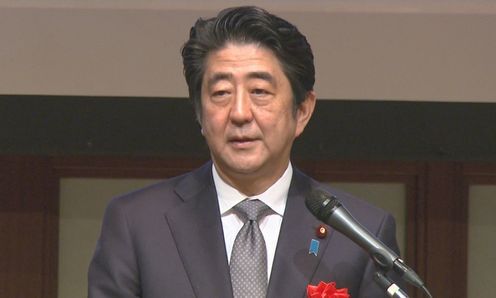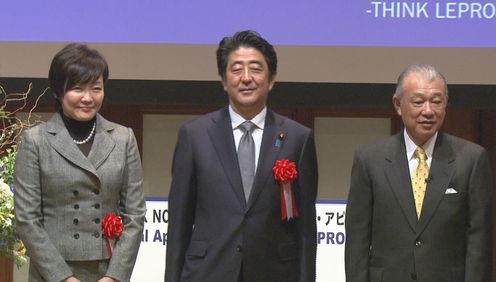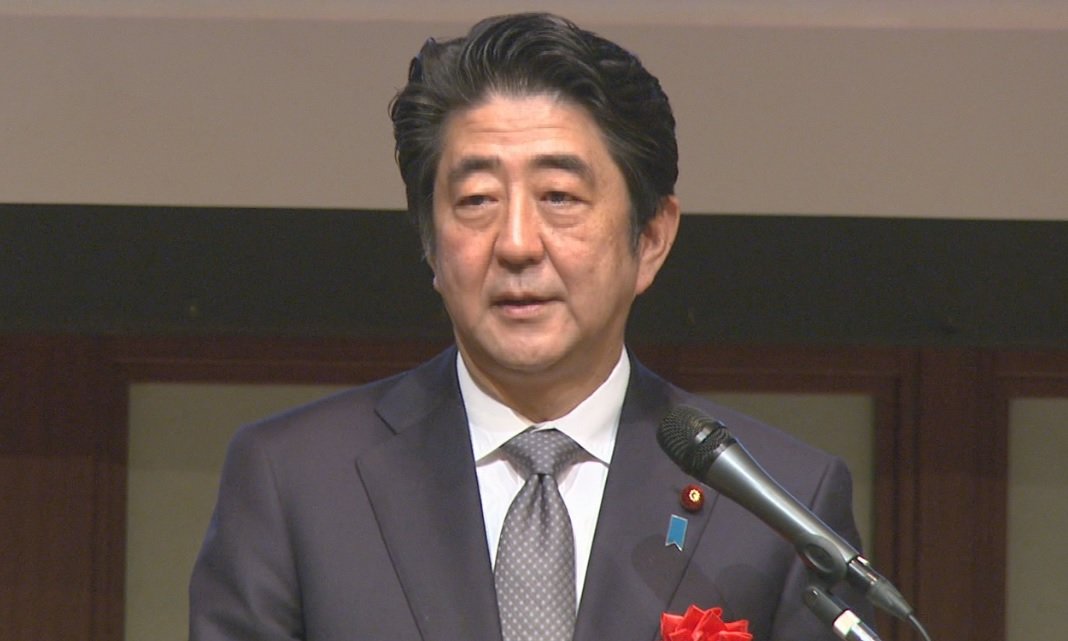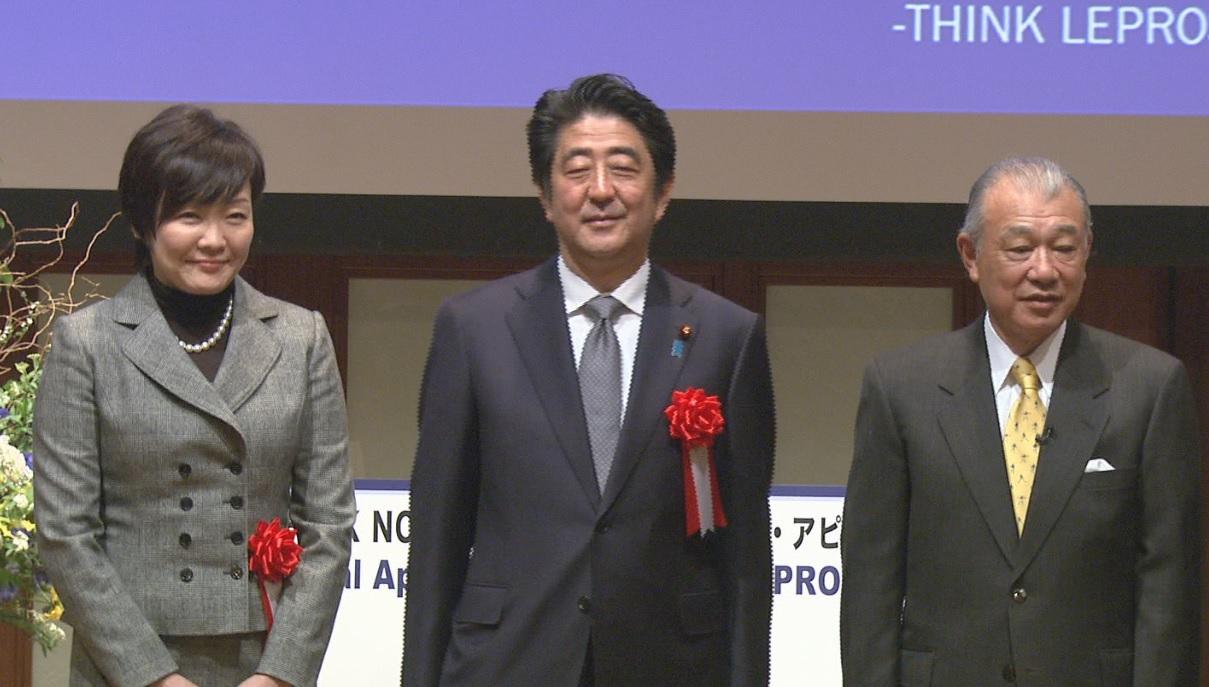Home > News > The Prime Minister in Action > January 2015 > “Think Leprosy Now!” Campaign Global Appeal 2015
The Prime Minister in Action
“Think Leprosy Now!” Campaign Global Appeal 2015
January 27, 2015

Photograph of the Prime Minister giving an address

Photograph of the Prime Minister attending a photograph session
Prime Minister Shinzo Abe attended the “Think Leprosy Now!” Campaign Global Appeal 2015 in central Tokyo.
The Prime Minister made the following remarks,
"I would like to offer a heartfelt welcome to all of the participants here today, who have come from countries all over the world.
Chairman Sasakawa, who has led the global appeal for today's event, is the Japanese Government’s Goodwill Ambassador for the Human Rights of People Affected by Leprosy and also serves as the WHO Goodwill Ambassador for People Affected by Leprosy. I would like to once again express my profound gratitude to Mr. Sasakawa for his passionate endeavors in regard to leprosy-related issues over many years.
Leprosy does not spread easily and the treatment methods have been established. Nowadays, if appropriate treatment is carried out, the disease can be treated without any after-effects occurring. However, unfortunately, because of misunderstandings, discrimination and prejudices regarding leprosy still remain firmly rooted throughout the world. In Japan too, as a result of past policies whereby leprosy patients had to enter facilities, serious limitations and restrictions were placed on the human rights of leprosy patients, and this past served to strengthen societal prejudices and discrimination.
Reflecting on this history, about 20 years ago, Japan implemented a major change in policy. We offered apologies and assistance to former leprosy patients, and implemented measures to recover their honor at the National Leprosy Museum and elsewhere.
Meanwhile, there are currently more than 1,700 recovering leprosy patients in leprosy treatment centers. Their average age is over 83 years old, and an increasing number of them find it difficult to maintain daily life without nursing and care.
We will strive to enable these recovering patients to continue to live a calm life with peace of mind, and also to achieve the elimination of leprosy-related prejudice and discrimination.
I hear that this year's global appeal has the support of nursing associations in various countries. Nursing is a typical example of an occupation with a high percentage of women, and I am convinced that facilitating a full expression of “female power” will lead to a major vitalization of society. I hope that nurses and all others involved in the care of leprosy patients will shine even more in their respective circumstances, and develop even greater strength.
In order to eliminate leprosy-related social discrimination from this world, I pray that we can steadily advance leveraging the knowledge and ideas we share at today's gathering. Thank you.”


